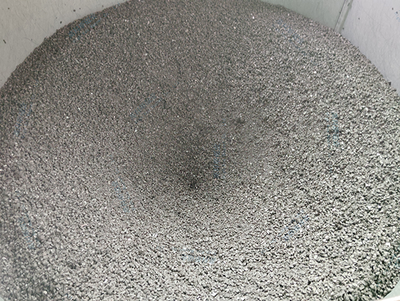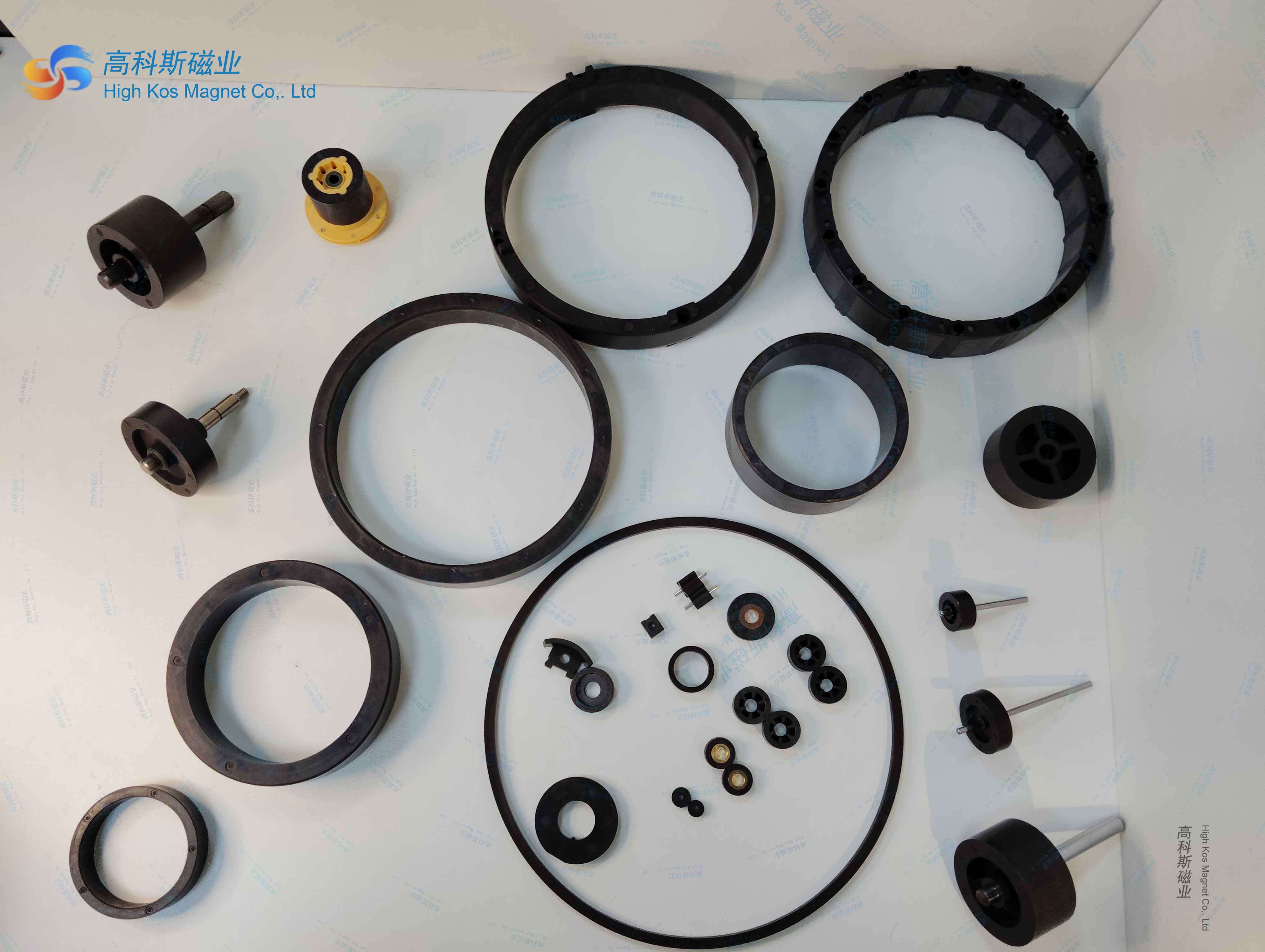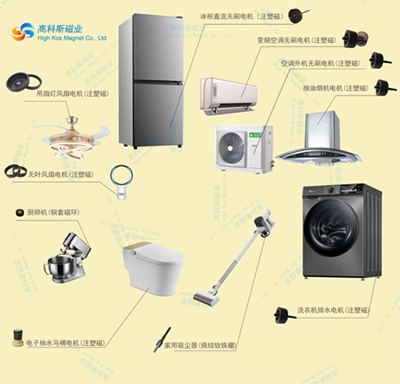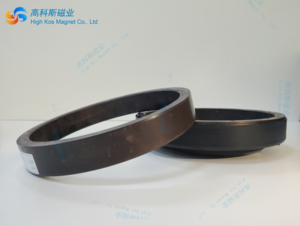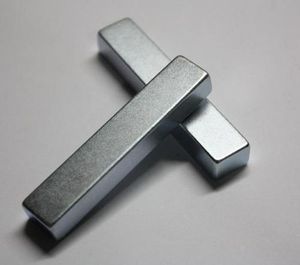Factors affecting the magnetic coercivity of injection molding
The coercivity of injection molded magnets is mainly related to the following factors:
1. Magnetic powder materials
The performance of injection molded magnets mainly depends on the magnetic powder material, and different magnetic powder materials will have different coercivity. For example, ferrite magnetic powder and rare earth permanent magnetic powder are commonly used filling magnetic powders, and their coercivity characteristics can affect the coercivity of injection molded magnets.
2. Synthetic resin
The synthetic resin used also affects the coercivity of injection molded magnets. The flowability and thermal stability of different resins during heating can vary, which can affect the final performance of injection molded magnets, including coercivity.
3. Filling rate of magnetic powder
The filling rate of magnetic powder refers to the proportion of magnetic powder in injection molding magnets. The filling rate will affect the coercivity of injection molded magnets. Generally speaking, the higher the filling rate, the greater the coercivity of injection molded magnets, but it is also necessary to consider that a high filling rate may affect other properties of injection molded magnets.
4. Molding method
The molding method of injection molded magnets, such as whether an external magnetic field or mechanical force is applied, will affect the arrangement direction of the magnetic powder, thereby affecting the coercivity of the injection molded magnets. There is a significant difference in coercivity between isotropic magnetic plastics and anisotropic magnetic plastics. Under the same material and ratio conditions, anisotropic magnetic plastics have higher magnetic properties and may also have greater coercivity.
5. Microstructure
The microstructure of injection molded magnets, such as grain size and impurity content, also affects the coercivity. For example, for Fe-50% Ni alloy formed by metal injection molding, grain size is the main factor affecting coercivity, while pores, impurities, and grain size are factors affecting magnetic permeability and coercivity.
In summary, the coercivity of injection molded magnets is a comprehensive performance that is influenced by various factors such as magnetic powder materials, synthetic resins, filling rates, molding methods, and microstructure. In practical production and application, these parameters need to be adjusted according to specific needs to obtain appropriate coercivity and other properties.
